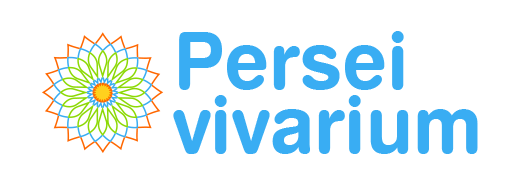Has the growth of Digital Health changed patient perception?
by Ana Díaz-Roncero, November 24, 2021

Over the last few years, as a result of the pandemic, we have been able to see how the adoption of technology in the healthcare environment has taken off. This was noted in the article “Growth in the use of Digital Health: What expectations do healthcare professionals have for the long term?” and was reaffirmed with the “HIMSS Annual European Digital Health Survey 2021″, which highlighted the momentum generated by the pandemic in transforming healthcare.
All this has also led to more common usage of the term “digital patient”, that is, the individual who makes use of technology in the management of his or her health. This approach has grown noticeably. In fact, in the 2021 IDIS Foundation report, “Experience of the Digital Patient,” based on a recent survey, it was observed that 43% of the patients surveyed preferred digital attention, and 46% wanted in-person attention as much as digital attention.
Patients are becoming more aware of the benefits they receive from Digital Health and mHealth in the management and care of their health, with their preferences becoming more clear. This was shown by another survey of patients in 2020, in which 40% found the tools offering medication reminders to be the most valuable, followed by the tools to improve self-monitoring (24.3%).
In addition, we are beginning to observe an increase in the predisposition of patients today to share their health information for clinical purposes, primarily in exchange for educational resources that are useful for their health. This was affirmed by 9 out of 10 patients in the previous survey, with the most useful resources being personalized educational material, information about clinical research, and content that helps in the management of their disease and medication.
Throughout this process, to enable the patient to commit to the use of the platform and sharing of his or her information, we stress the importance of having the healthcare professional prescribe the use of the tool, a factor which is considered key to its success.
Thanks to all this information, we can confirm that patients are more and more open to adopting Digital Health and mHealth tools, and to collecting their own data for clinical purposes, especially when using platforms that help to improve their therapeutic adherence and the management of their disease.
At Persei vivarium, we can carry out this entire process through Caaring®, our remote patient monitoring platform that is prescribed by the healthcare professional. By means of this tool, the patients can become involved in the management of their disease, providing data about their disease and quality of life, at the same time that they receive educational materials. This last feature was noted to be highly important in maintaining patient commitment.
We are at a time of change and evolution of the healthcare system, and we have to take advantage of the increasing disposition of healthcare professionals and patients to implement models that provide value and enable us to continue improving the way in which diseases are managed.
Share

Ana Díaz-Roncero
Business Development
Persei vivarium

